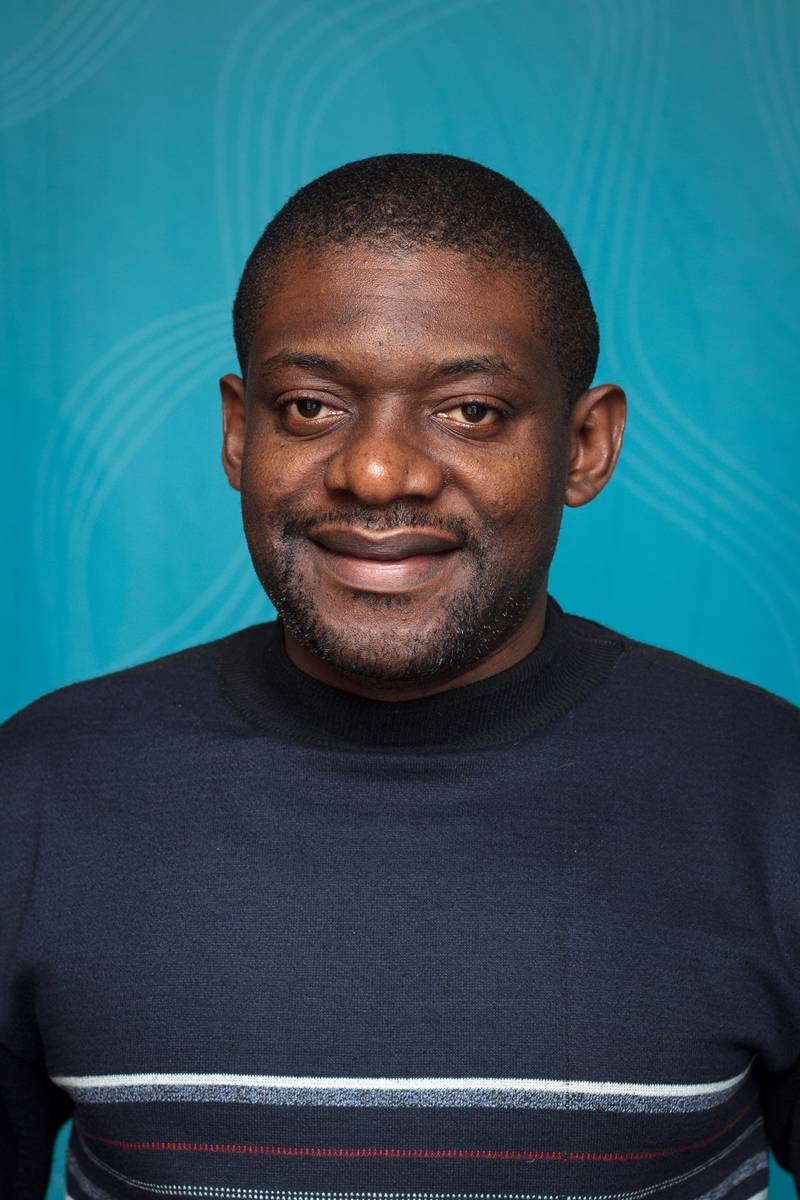
Today, 9 March 2016, Primus Che Chi has successfully defended his doctoral thesis at the Institute of Health and Society, University of Oslo: The Impact of Armed Conflict on Maternal and Reproductive Health in sub-Saharan Africa.
Opponents:
- Researcher Helge Brunborg, Statistics Norway
- Senior Adviser Michael Tawanda, Norwegian Ministry of Foreign Affairs
- Adviser Benedikte Lindskog, Center for medical ethics, Institute of Health and Society
Leader of Defense:
Professor Per Hjortdahl, Department of general practice, Institute of Health and Society
Supervisors:
Henrik Urdal, Research Professor, PRIO
Johanne Sundby, Professor of International Health, University of Oslo
Primus has done his doctoral work at PRIO funded by a The Training and Mobility Network for the Economic Analysis of Conflict (TAMNEAC) fellowship. In his PhD project, he has investigated the impact of armed conflict on maternal and reproductive health (MRH) in Sub-Saharan Africa. Maternal and reproductive health issues in conflict and post-conflict contexts is an under-studied topic in public health. Emerging research on MRH in conflict and post-conflict settings can aid the development of effective interventions that may improve the prevailing situation.
Primus has published several peer-reviewed articles based on this doctoral work, including extensive field work in Northern Uganda and Burundi. His published work focuses on topics such as barriers in the delivery of emergency obstetric and neonatal care in post-conflict Africa, the determinants of maternal health service uptake in post-conflict Burundi and Northern Uganda, and the impact of armed conflict on fertility and maternal mortality. He is also associated with ongoing PRIO research projects on armed conflict and maternal health (https://www.prio.org/Projects/Project/?x=1643) and 'Development Aid, Effectiveness, and Inequalities in Conflict-Affected Societies'.
Following his PhD defense, Primus Che Chi will take up a post-doc position at the Centre for research on health care in disasters at Karolinska Institute in Stockholm, Sweden.





